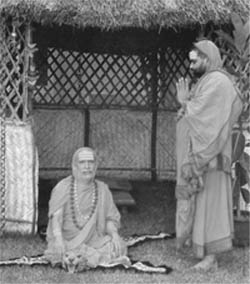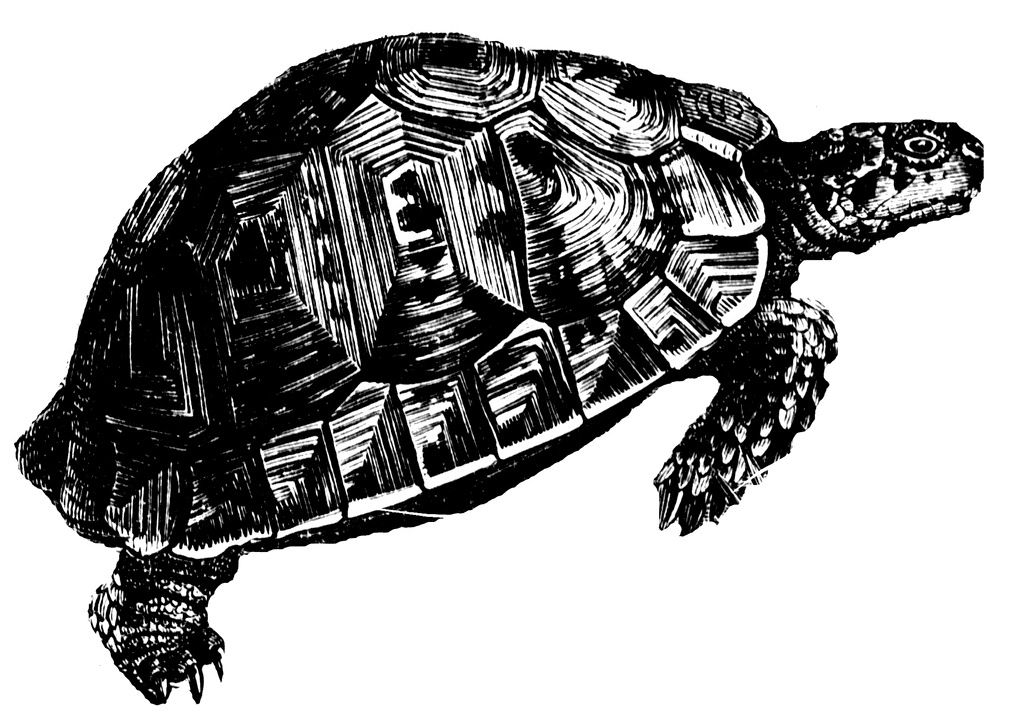to the upside-down
my dancing smile
is a vile frown
so i’ve thrown
away
the worlds
strange ghosts
follow me
now
their fingers
and lips
mindlessly mimicking
bits of
what they see
i pay them
no mind
no one can rescue
a ghost anyway
perhaps the voice of god
will kindly ask them
to move along
and gaze in the silent mirror
out beyond ideas
Saturday, August 28, 2010
Tuesday, August 17, 2010
The Soul of a Sparrow
Today my manager noticed a dead bird on a second floor, inside window-ledge as she was walking down the stairs. I got out the tall ladder, put on some latex gloves and selected a black trash bag.
After gathering the bird - a stiffened sparrow - into the bag, it felt wrong to just throw it in the trash. Instead, I went out the back door and dug a small hole near some trees. Then I chanted a prayer for the soul of the sparrow, as I covered its cast off body.
After gathering the bird - a stiffened sparrow - into the bag, it felt wrong to just throw it in the trash. Instead, I went out the back door and dug a small hole near some trees. Then I chanted a prayer for the soul of the sparrow, as I covered its cast off body.
Monday, August 9, 2010
"Am I a Good Disciple?"
Much emphasis is placed on the quality of our spiritual leaders. Are they competent to help us? Are they being good examples for us?
As necessary as these questions are, there is another question that is still more necessary, and it is this: Am I a good follower? Am I a good disciple?
For many in our society, the idea of being a follower is less than glamorous. And yet, this is worthy of our attention, since no matter what we do, and regardless of who we are, we are always by default more a follower than a leader.
We can consider how even a President or the CEO of a mega corporation is still more follower than leader, since he or she has to follow the doctors advice or the needs and expectations of the public and voters or customers and shareholders.
In vivekachUDAmaNi, a famous text attributed to shrI shaMkarAcArya, we find chatuShTaya sampatti or the fourfold qualification that is essential for the study and practice of advaita vedAnta. Verse nineteen reads:
Adau nityAnityavastuvivekaH parigaNyate |
ihAmutraphalabhOgavirAgasttadanantaram ||
shamAdiShaTkasampattiH mumukShutvamiti sphuTam ||
1) vivekaH is discernment between the unreal and the Real.
2) vairAgya is dispassion from sense objects.
3) shamAdi ShaTka sampatti is a collection of six behaviors the include shama (control of the mind), dama (control of the body and the sense), uparati (the neutalization of likes and dislikes), titikShA (tolerance of the ups and downs of life), shraddhA (unwavering faith in ourself, the scriptures, God, and the guru, as well as samAdhAna (one-pointed concentration on brahman).
4) mumukShutva is the burning desire for liberation.

On the advaita path, if we are working to accomplish this qualification, we can answer Yes to this important question.
As necessary as these questions are, there is another question that is still more necessary, and it is this: Am I a good follower? Am I a good disciple?
For many in our society, the idea of being a follower is less than glamorous. And yet, this is worthy of our attention, since no matter what we do, and regardless of who we are, we are always by default more a follower than a leader.
We can consider how even a President or the CEO of a mega corporation is still more follower than leader, since he or she has to follow the doctors advice or the needs and expectations of the public and voters or customers and shareholders.
In vivekachUDAmaNi, a famous text attributed to shrI shaMkarAcArya, we find chatuShTaya sampatti or the fourfold qualification that is essential for the study and practice of advaita vedAnta. Verse nineteen reads:
Adau nityAnityavastuvivekaH parigaNyate |
ihAmutraphalabhOgavirAgasttadanantaram ||
shamAdiShaTkasampattiH mumukShutvamiti sphuTam ||
1) vivekaH is discernment between the unreal and the Real.
2) vairAgya is dispassion from sense objects.
3) shamAdi ShaTka sampatti is a collection of six behaviors the include shama (control of the mind), dama (control of the body and the sense), uparati (the neutalization of likes and dislikes), titikShA (tolerance of the ups and downs of life), shraddhA (unwavering faith in ourself, the scriptures, God, and the guru, as well as samAdhAna (one-pointed concentration on brahman).
4) mumukShutva is the burning desire for liberation.

On the advaita path, if we are working to accomplish this qualification, we can answer Yes to this important question.
Saturday, August 7, 2010
Julia Roberts Goes Hindu
The USA TODAY column Faith & Reason reports today that Julia Roberts and her family are now worshiping and practicing sanAtana dharma, often referred to as Hinduism.
Here is a photograph of Ms. Roberts with her guru Swami Dharam Dev:

vedAnta is currently the main living darsana of a spirituality and religion that stretches back some five thousand years into the mists of time. Although the vedAnta darsana has no founder, since the foundational scripture, the vedA-s, are believed to be of Divine rather than human authorship, it was codified in the seventh century by shrI shaMkarAcArya. The other main Scriptures are the brahmasUtras and the bhagavad gItA.
Notably, there is no creed for conversion in any of these principle Scriptures.
Here is a photograph of Ms. Roberts with her guru Swami Dharam Dev:

vedAnta is currently the main living darsana of a spirituality and religion that stretches back some five thousand years into the mists of time. Although the vedAnta darsana has no founder, since the foundational scripture, the vedA-s, are believed to be of Divine rather than human authorship, it was codified in the seventh century by shrI shaMkarAcArya. The other main Scriptures are the brahmasUtras and the bhagavad gItA.
Notably, there is no creed for conversion in any of these principle Scriptures.
Subscribe to:
Posts (Atom)



